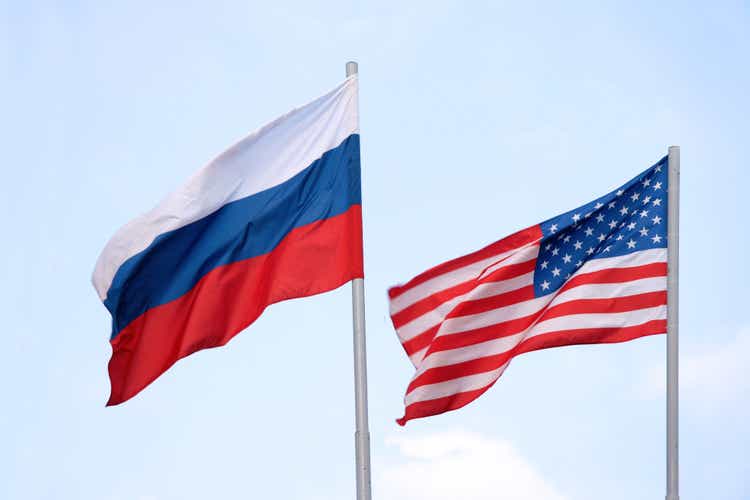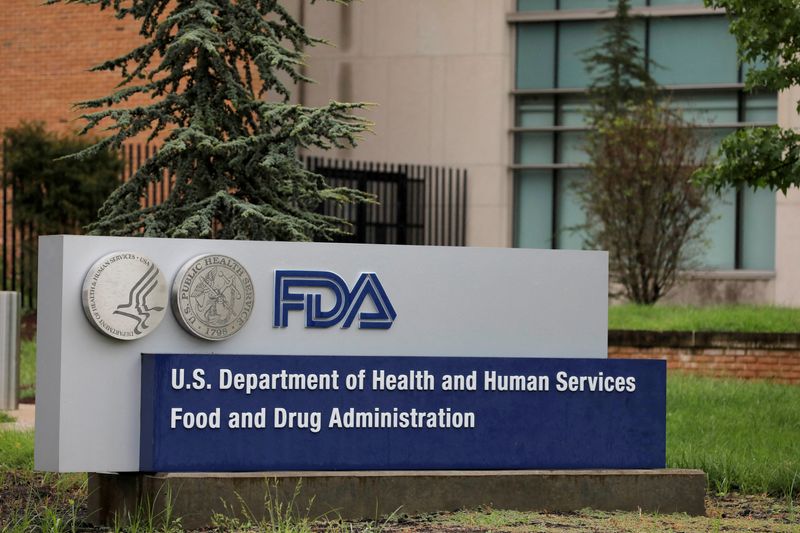The central government is preparing to roll out a Rs 2,250 crore export promotion mission aimed at protecting Indian industries from global trade uncertainties, particularly the impact of steep US tariffs. The initiative, first announced in the Union Budget, is designed to boost domestic consumption, explore new markets, and strengthen supply chains.
According to sources, the mission will extend easy credit to MSMEs, facilitate overseas warehousing, and promote global branding for MSME and e-commerce exporters.
The Directorate General of Foreign Trade (DGFT) has already made a detailed presentation on the plan to export promotion councils and other stakeholders.
Two-pronged strategy for export growth
As such, the mission may be structured so as to be divided into two categories — Export Promotion, providing the necessary trade finance assistance, and Export Direction, which encompasses all other functions concerning the holistic view of factoring international market access. Foreign marketing initiatives such as targeted branding may also be included to support exporter efforts in taking hold of emerging opportunities.
Tariff concerns mount for key sectors
The commerce ministry recently held multiple stakeholder meetings to gauge industry concerns over the 50 per cent tariffs imposed by US President Donald Trump on Indian goods. Sectors like textiles, chemicals, leather, and footwear are expected to be among the worst hit.
India’s export performance has shown signs of strain. In June, outbound shipments were flat at $35.14 billion due to global economic headwinds, while the trade deficit narrowed to a four-month low of $18.78 billion. Key sectors such as petroleum, fabrics, gems and jewellery, iron ore, oil seeds, cashew, spices, tobacco, and coffee recorded negative growth.
For the April-June 2025-26 period, exports rose marginally by 1.92 per cent to $112.17 billion, while imports climbed 4.24 per cent to $179.44 billion.

 4 hours ago
1
4 hours ago
1




















 English (US) ·
English (US) ·